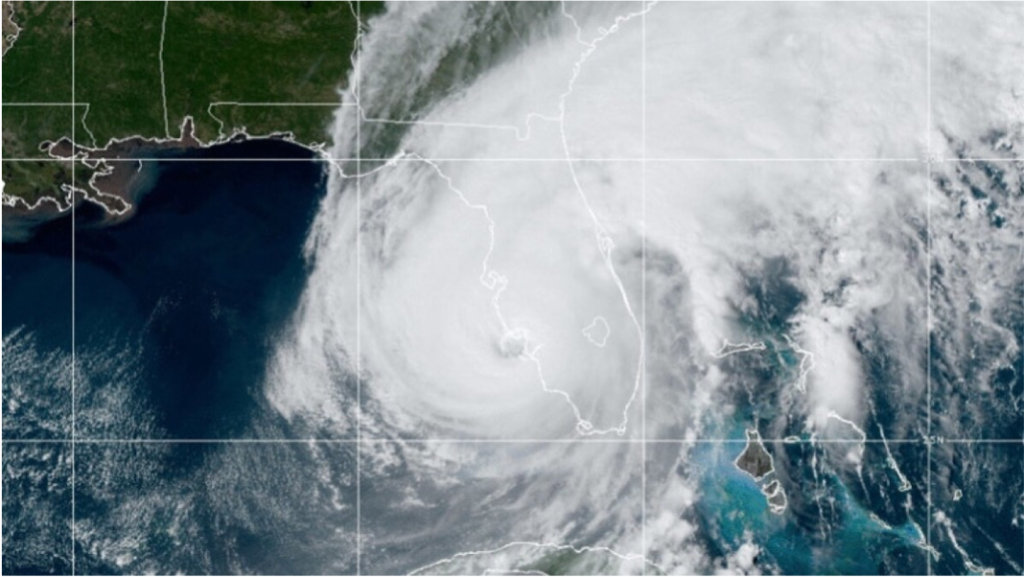The debate surrounding pricing strategy during natural disasters has been around for years and was revived during Hurricane Ian, should businesses increase or hold prices in times of increased demand for goods like gas, water, or bread? In the present, thanks to the impact on social media platforms, a fresh alternative is emerging: Why not reduce prices during these times of crisis?

The majority of economists oppose the implementation of price-gouging laws , which limit major price increases in natural catastrophes. Instead, they favor raising costs to keep demand in proportion to supply. If you let the market function, economists say that products will be available and only sold to those who appreciate them the most and are willing to pay. The high cost of goods also reduces the need to store up — buyers purchase only what they really need instead of buying/hoarding their purchases. Also as a better profit margin, a higher potential for profit encourages businesses to actively seek more inventory to meet the demand. The most obvious disadvantage is that the absence of these laws place disadvantages towards people with lower incomes who are less able to pay for higher costs.
“Hurricane Ian devastated Floridians, destroying homes and leaving thousands without food, water or electricity. Rebuilding will take months or longer—creating an inexhaustible demand for qualified contractors and debris removal services. Sadly, bad actors may exploit this demand to take advantage of people just trying to rebuild their lives. If anyone encounters one of these scams, or excessive price increases on essential commodities, they need to report it to our office immediately so my Rapid Response Team can stop the fraud and keep others from falling prey.”
Attorney General Ashley Moody, Oct 3, 2022
Contrary to this, the majority of policymakers consider that price levels should remain the same or only raised slightly (for example, 10 percent) in the event of a disaster. They view this as an egalitarian, first-come-first-served method to allocate scarce goods. The drawbacks of limiting market prices are the opposite of the above benefits rapid selling outs, hoarding and the reduction of the financial carrot to increase supply for businesses.
The recent storms have shown the new trend in catastrophe pricing. Instead of increasing prices, some companies are actually moving towards cutting prices on basic goods or services that are in high demand. Why? A lot of businesses are aware that although economists may think it is appropriate to increase prices in times of crisis, the customer experience in their “real world” view this as a negative act, judging it as price gouging. In the long run, profits could be at risk when a business is seen as profiting from an unfortunate event like a natural disaster.
And if the customer experience isn’t a good enough barometer for a current marketing strategy during a natural disaster, take the actions of the Federal and Florida Government. The Florida Attorney General activated Florida’s Price Gouging Hotline with Tropical Storm Ian approaching the state. The activation comes following the Governor’s state-of-emergency declaration for 24 counties. Meanwhile, over at the White House, the President and staff met with oil executives to discuss Hurricane Ian and low gasoline inventories, warning the industry not to price-gouge consumers.
Social media is also playing a part in why businesses change their pricing strategy during natural disasters. The consequences of an increase in prices during a disaster — which can occur in a way that is automated through algorithms — typically leads to negative social media postings. While a single negative post isn’t bad, going viral for the business owner — small or large — is never a good thing!
Your pricing strategy and the way your pricing affects the customers during time in need are essential aspects of the brand you have created. The tough times provide opportunities for companies to emphasize their message of caring for their clients. This includes keeping, or perhaps reducing prices, as well in securing a greater quantity of the essential items in order to better serve their customers.
Think of it this way: Which business do you prefer to work on a daily base? The business which seemed to be financially affluent and abided by the laws of economics (supply/demand) as opposed to one that had its prices held within limits due to manipulation by the government/social media pressures?
Sam Palazzolo, Managing Director